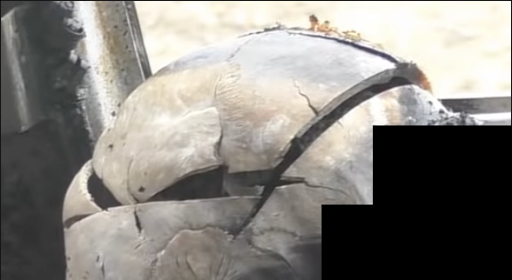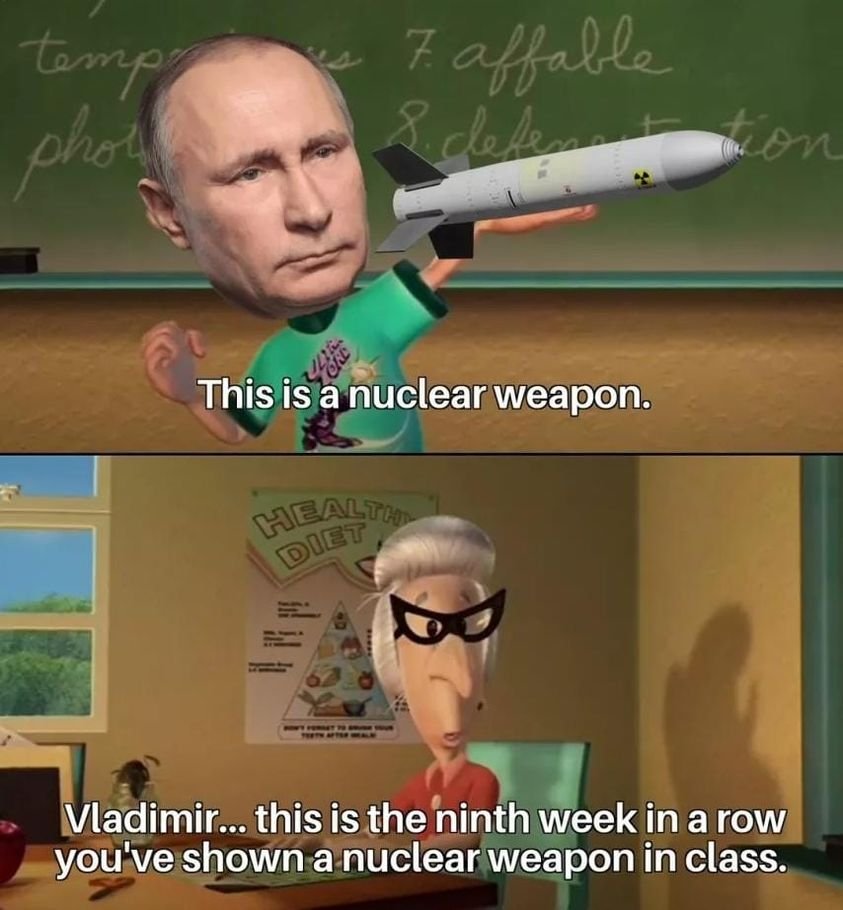In today's 100th edition of #vatnik soup I'll talk about false flags and casus belli. Russia has utilized false flag tactics to justify their aggression in various conflicts in the past, and they will probably try to use them in the future, too.
1/15
1/15

But first let's talk what so-called false flag operations are. The term comes from 16th century naval warfare, where pirates and privateers flew the neutral or a friendly flag to hide their true identity which allowed them to move closer to the enemy before attacking them.
2/15
2/15

The first known use of false flag operations as pretext for war was the Russo-Swedish War, when in 1788 the Swedish sewed Russian military uniforms in order to stage an attack on Swedish outpost, Puumala. Russians probably learned a thing or two from this operation.
3/15
3/15

The Soviets used this tactic in Nov, 1939, when the Soviet army shelled Mainila, a Russian village near the border of Finland. The Soviets then blamed the Finnish for this incident and used it a casus belli - a justification for war - starting Winter War some days later.
4/15
4/15

In 1968, the Kremlin used the KGB to organize a false flag operation in Czechoslovakia to justify a Soviet intervention in the country. Czechoslovakia's Alexander Dubček was attempting to adopt democratic reforms in the country, calling it a "socialism with a human face".
5/15
5/15

After the collapse of the USSR, KGB archives revealed that Leonid Brezhnev and Yuri Andropov used 20 so-called illegals who posed as students, journalists, etc. to fabricate stories that attacked the reformists, tried to get anti-Soviet articles published in the local ...
6/15
6/15

media, and planted evidence of a "Western plot" to support the reformists. Sound familiar?
Then, in 1999 Putin used this age-old tactic to fortify his leadership position in Russia. Several apartment buildings in Moscow, Buynaksk and Volgodonsk were bombed, ...
7/15
Then, in 1999 Putin used this age-old tactic to fortify his leadership position in Russia. Several apartment buildings in Moscow, Buynaksk and Volgodonsk were bombed, ...
7/15

killing more than 300 civilians and injuring over 1000. These bombings were then blamed on the Chechen rebels and they were used as a justification for what eventually became the Second Chechen War.
8/15
8/15

These bombs were planted by the FSB,but one of the bombs located in Ryazan failed to detonate & was found in a basement. A telephone service employee tapped a suspicious call from Ryazan to Moscow & overheard instructions: "Leave one at a time, there are patrols everywhere".
9/15
9/15

The phone call was traced to FSB offices. FSB later explained that the "bomb was fake" & that the whole thing was a "training exercise".Additionally,Russian politician Gennadiy Seleznyov announced one of the explosions in the Russian Duma three days before it even happened.10/15 

Several pro-Russian "independent journalists" have been reporting alleged false flag operations in Ukraine. One of these incidents was reported by Patrick Lancaster in the puppet state of DPR.He published a staged video of a "pre-war provocation" from Donbas, in which IED...11/15 



... had allegedly killed one of the military commanders of the made-up state of DPR. Explosive weapons expert and a forensic pathologist concluded that the whole scene was staged and the bodies were actually cadavers with evident autopsy marks on their skulls.
12/15
12/15

But most of the Russian efforts to conduct false flag operations in Ukraine before and after the full-scale invasion have failed. This is due a drastic change in how intelligence services report their findings - US and UK officials have shared their intel openly with ...
13/15
13/15

... prominent newspapers, who have then reported these plans. It is very difficult to do an operation when everyone's already aware it might happen. This rather genius tactic has faltered most of Russia's false flag attempts.
14/15
14/15

These days both Ukraine and Russia blame the other party of planning false flag operations, but after the full-scale invasion the number of actual operations has been surprisingly low.
15/15
15/15

Support my work (and get some AI art!): buymeacoffee.com/PKallioniemi
Past soups: vatniksoup.com
Related soups:
Patrick Lancaster:
Past soups: vatniksoup.com
Related soups:
Patrick Lancaster:
https://twitter.com/P_Kallioniemi/status/1615636752735129605
• • •
Missing some Tweet in this thread? You can try to
force a refresh
































